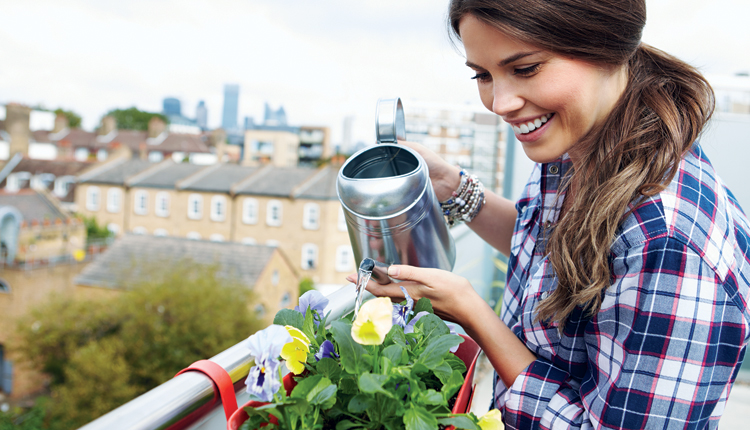Do Your Plants Have Calcium Deficiency?
There are many different factors that go into keeping your garden healthy including nutrients, pest control, disease and fungus control and even pH. Calcium is as much a necessity in people and animals to build and maintain strong bones and teeth, it is also crucial for the healthy growth of plants. Calcium helps plants build and maintain strong cell walls and make them sturdy. It is essential for the formation of roots, stems and new growth. Although some calcium exists in gardening soils, it is sometimes not available to the plants. Symptoms of lack of calcium reaching the plants include stunted growth, weak stems and bud, withered leaves and pale yellow patches between the leaf veins. Here’s what you can do to ensure that your plants are not calcium-deficient:
Do a soil test. A soil test can indicate whether your soil would benefit from additional calcium and which additive is best. Consult an expert for this. They might advise you to add the additive into the soil before planting your plants.
Are you watering right? If plants receive too little water, they will also receive too little calcium. So, if your plants are showing signs of calcium deficiency, relook at your watering schedule.
Add supplements. A calcium deficiency can be caused by under-fertilisation or by incorrect fertilisation. If your soil is calcium-deficient, add supplements like crushed eggshell, bone meal or calcium phosphate.
Use a foliar spray. if your plants are suffering from an acute deficiency, you may need to give them a quick calcium-boost with a foliar spray application. Many people use natural materials for foliar sprays like kelp, compost tea, herbal tea and fish emulsion with water. Spray the underside of leaves too. Know that this is a temporary remedy to nutritional deficiencies.
Add Epsom salts. Add Epsom salts to restore the calcium in the soil for your plants. The amount you use depends on the type of plants you are growing.
Monitor regularly. Keep an eye on the growth and symptoms that the plants display. Once your plants are back to good health, keep them growing by amending your soil every year with fresh organic matter and get your soil tes-ted periodically, to correct imbalances before they become severe.


Comments are closed.